
Last Updated At: 15-May-2025
10 Facts of Bhutan : A Land of Serene Beauty and Tradition
Bhutan, a mesmerising beauty and cultural country, is in the Himalayas. This tiny, landlocked nation has drawn interest from all over the world for its distinctive style of government, which places a higher priority on Gross National Happiness than GDP. Bhutan's scenery, which includes untainted forests, soaring mountains, and gleaming rivers, is nothing short of spectacular. Rich cultural legacy is reflected in the building, embellished with beautiful woodwork and bright murals. Join us as we explore Bhutan, a nation where tradition and serenity coexist, and happiness is woven into the fabric of existence, to learn its amazing facts and fascinating features about unexplored Bhutan.
List Of 10 Facts of Bhutan
The Kingdom of Bhutan is landlocked in Southeast Asia's Eastern Himalayas. Bhutan is a strange country that seems to be from another dimension. Bhutan tourism is considered by many to be magical and fairytale-like. Why is Bhutan a secret gem? Here are some fascinating Bhutan cultural facts.
- The Only Country in the World to Be Carbon Negative
- Bhutan has no Traffic Lights
- Smoking is Not Allowed in Public
- New Year's Day Birthday
- The World's Tallest Unclimbed Peak
- Bhutan Was the Final Nation to Introduce Television
- Archery is the National Sport
- Bhutanese People Continue to Believe in the Yeti
- Bhutanese People Love Their King
- Wearing the National Dress is Mandatory
1. The Only Country in the World to Be Carbon-Negative
Bhutan is often said to be the sole carbon-zero nation in the world. Bhutan reaches this exceptional position by prioritising sustainable activities, such as preserving a thick forest cover, producing renewable hydropower, and emphasising carbon-neutral agriculture. Bhutan is now a world leader in environmental preservation and carbon reduction due to these initiatives, which cause it to absorb more carbon dioxide than it emits.
2. Bhutan has no Traffic Lights
Bhutan, a distinct Himalayan country, is well known for its unique traffic control method. Bhutan is notable for not having any traffic lights anywhere in the nation. An efficient flow of traffic is instead maintained by well-trained traffic police who expertly regulate intersections. This novel strategy is consistent with Bhutan's commitment to Gross National Happiness (GNH), which prioritises citizen welfare, environmental preservation, and effective traffic management.
3. Smoking is Not Allowed in Public
To prevent smoking in public areas, many nations have implemented stringent legislation. In these areas, smoking is prohibited in public places to safeguard the health and well-being of smokers and non-smokers alike. These measures are intended to lessen exposure to secondhand smoke and the damaging effects that smoking has on air quality. To promote a better and cleaner environment for everyone, these prohibitions frequently apply indoors and outdoors, including parks, beaches, public buildings, restaurants, and bars.
4. New Year's Day Birthday
In Bhutan, it is culturally significant to celebrate a birthday on January 1. It is one of the best time to visit Bhutan. Depending on the lunar calendar, the Bhutanese New Year, or "Losar," usually occurs in February or March. People born on this lucky day are thought to bring luck and benefits for the upcoming year. Birthdays on New Year's Day in Bhutan are a distinctive and culturally rich event due to Losar, a spectacular celebration distinguished by rituals, traditional dances, and the giving of presents.
5. The World's Tallest Unclimbed Peak
Gangkhar Puensum is the tallest unclimbed peak, standing magnificently in Bhutan's far-flung interior. All attempts to conquer it have failed due to its extreme terrain and Bhutan's stringent laws barring mountaineering over 6,000 meters. This enigmatic mountain is still cloaked in mystery, treasured by the Bhutanese as the home of gods, and unclimbed by contemporary climbers, protecting its pristine and sacred character.
6. Bhutan Was the Final Nation to Introduce Television
Bhutan, renowned for its dedication to protecting its distinctive culture and environment, adopted television later than most of the rest of the globe. It is considered one of the best Bhutan historical facts. Bhutan was the last country to adopt television, with its initial introduction occurring in 1999. To protect Bhutan's customs, morals, and identity and to carefully regulate the potential impact of mass media on its society, it was strategically decided to delay embracing television deliberately. This allowed for a steady transition to modernisation.
7. Archery is the National Sport
Bhutan's cherished national sport is archery, which has a long history within its rich cultural legacy. It's a social activity that is enjoyed at celebrations and festivals in addition to being a sport. Teams exchange poetic taunts after each shot in traditional Bhutanese archery, which has rules and ceremonies. As a continuing component of the country's identity and a source of tremendous pride for its citizens, this sport represents Bhutan's dedication to upholding its traditions while embracing modernity.
8. Bhutanese People Continue to Believe in the Yeti
The Himalayan nation of Bhutan still firmly believes in the yeti, a legendary ape-like creature. The Yeti, often called "Migoi" or "Meh-teh," is a mythological creature in Bhutanese culture. Many Bhutanese people, especially those living in isolated highland areas, strongly believe in this mysterious deity's presence. The Yeti, who represents the secrets of the uncharted wilderness and upholds a sense of wonder and reverence for the natural environment in Bhutanese culture, is a subject of frequent stories and sightings.
9. Bhutanese People Love Their King
The people of Bhutan have great respect and affection for their king, King Jigme Khesar Namgyel Wangchuck, and his forebears. A resonant image of stability and national cohesion in Bhutan is the monarchy. The king's benign leadership has cultivated genuine ties, dedication to Gross National Happiness, and interaction with the populace. The monarchy is a fundamental component of Bhutan's identity and culture because of the deep loyalty and respect Bhutanese people feel for their royal dynasty.
10. Wearing the National Dress is Mandatory
Although not often required, wearing the national dress—known as "Gho" for men and "Kira" for women—holds important cultural significance in Bhutan. It is frequently necessary in formal settings, work, and schools. Since the Bhutanese people take pride in maintaining their tradition, the Gho and Kira are more frequently worn voluntarily daily. Many people are happy to include these traditional clothes in their everyday wardrobe since they see them as symbols of their country's identity.
Select Adotrip to embark on a transformative journey through Bhutan, where we unveil the country's hidden facts alongside its stunning landscapes. Our Bhutan itineraries delve deep into its unique culture, sustainability efforts, and spiritual traditions. We take care of every detail, ensuring you have the time to discover Bhutan's fascinating facts and immerse in its enchanting way of life. With Adotrip, your Bhutan adventure is a fusion of facts, experiences, and cherished memories.
With us, nothing is far!
Frequently Asked Questions About Facts About Bhutan
Q1. What does Bhutan's national slogan," Gross National Happiness" mean?
A1. The phrase "Gross National Happiness" (GNH), which serves as Bhutan's motto, denotes a comprehensive strategy for growth and well-being. Promoting the general pleasure and contentment of the populace gives equal weight to economic growth and issues like social harmony, cultural preservation, and environmental and mental health.
Q2. How does Bhutan measure and prioritise happiness in its development?
A2. Bhutan uses the Gross National Happiness (GNH) Index to gauge and rank happiness. With an emphasis on the welfare of its population, this comprehensive framework evaluates psychological well-being, health, education, cultural preservation, and environmental conservation to inform development strategies and decisions.
Q3. Is Bhutan's environment and biodiversity protected by law?
A3. Yes, environmental and biodiversity protection are given top legal priority in Bhutan. According to its Constitution, conservation must be given priority to ensure sustainable development and retain at least 60% of the country's forest cover.
Q4. What is the significance of Bhutan being carbon neutral and its focus on sustainability?
A4. Bhutan's status as a carbon-neutral nation is extremely important since it shows its dedication to environmental sustainability. Bhutan highlights its commitment to protecting its pristine environment and promoting holistic well-being for its population by retaining its carbon-neutral status, which also helps lessen climate change's effects.
Q5. How does Bhutan's dress code reflect its cultural values?
A5. Gho and Kira, Bhutan's traditional attire, reflects the nation's cultural ideals of modesty, respect, and tradition. These clothes represent Bhutan's local traditions in everyday clothing and symbolise Bhutanese identity, solidarity, and cultural heritage preservation.
Q6. Is Bhutan the only country to have banned tobacco sales?
A6. Although Bhutan is not the only nation to have outlawed the sale of tobacco, it was among the first to do so in 2004, demonstrating its dedication to protecting public health.
Q7. What is the traditional architectural style seen in Bhutan's buildings?
A7. Traditional Bhutanese architecture is distinguished by fine woodwork, sloping roofs, and whitewashed walls covered in vibrant paintings. This style is frequently used in Dzongs, monasteries, and homes, representing Bhutan's rich heritage.
Q8. How has Bhutan maintained its independence throughout history?
A8. Bhutan kept its independence by pursuing a strategy of diplomatic caution, strategic seclusion, and protection of its distinctive culture and character. To protect its sovereignty, it never fell victim to colonisation or foreign rule.
Q9. Is Bhutan a constitutional monarchy?
A9. Bhutan does follow the constitution. In 2008, a constitutional monarchy was adopted, establishing a hereditary monarch as the nation's chief executive and an elected parliament as its legislative body.
Q10. What is the importance of traditional arts and crafts in Bhutan's economy and culture?
A10. Bhutan's economy and culture depend heavily on its traditional arts and crafts. By creating jobs, upholding customs, and strengthening national identity, they protect heritage, produce money, and advance Gross National Happiness.
--- Published By Adotrip
Latest Blogs
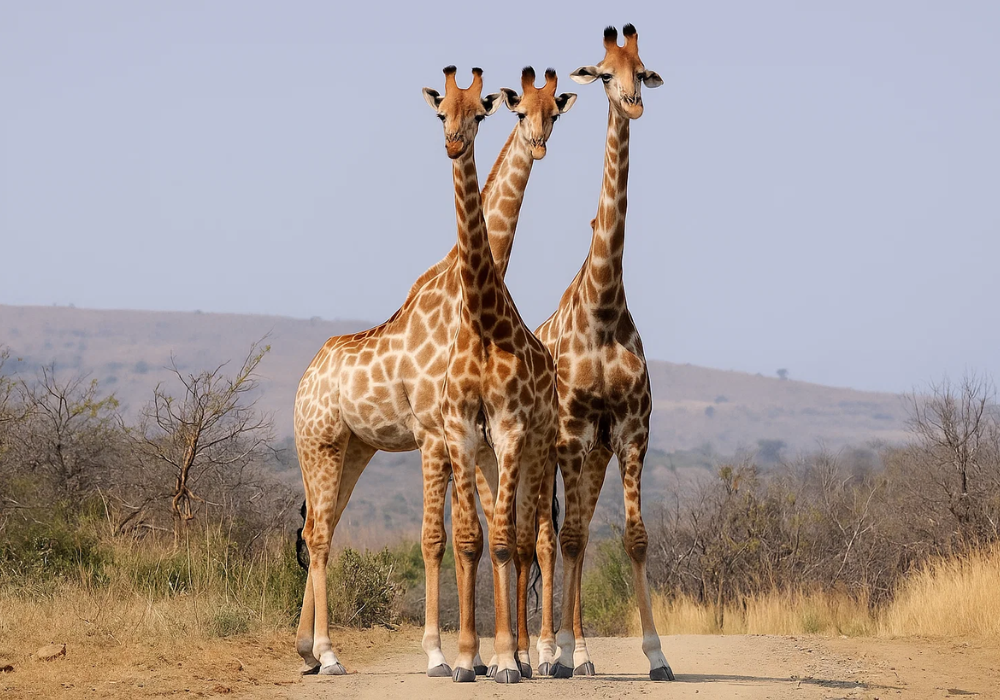
Cash in the Wild: My Safari Adventure Across Kenya with Only...

One Day Picnic Spot Near Pune - Adventure, Trekking and Natu...
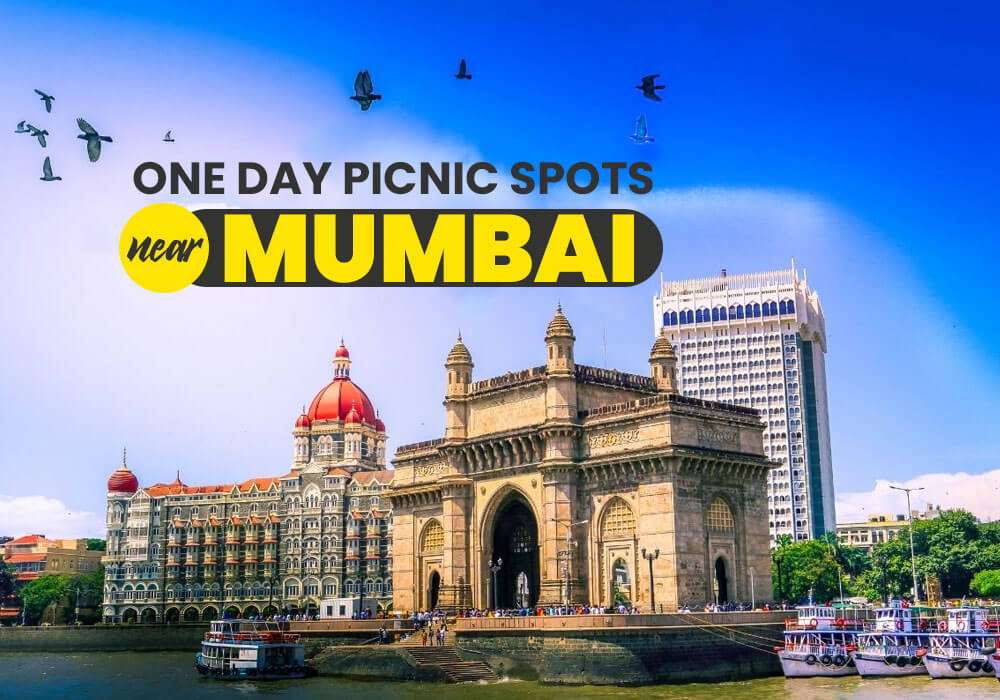
One Day Picnic Spots Near Mumbai - Monsoon, Adventure, Beach...
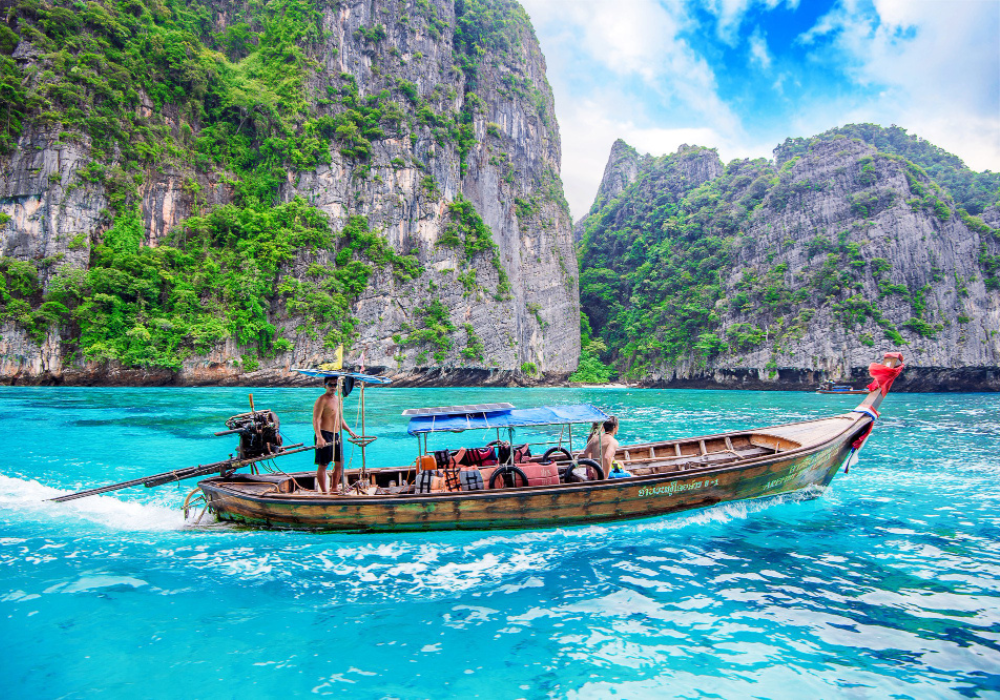
The Best Places to Go in Thailand in 2025



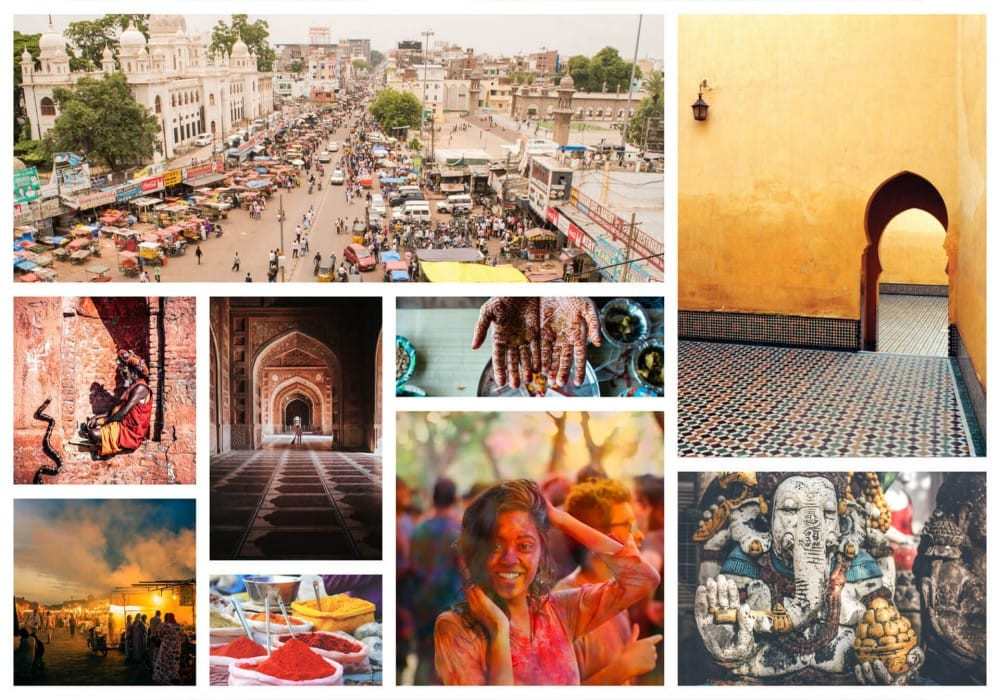
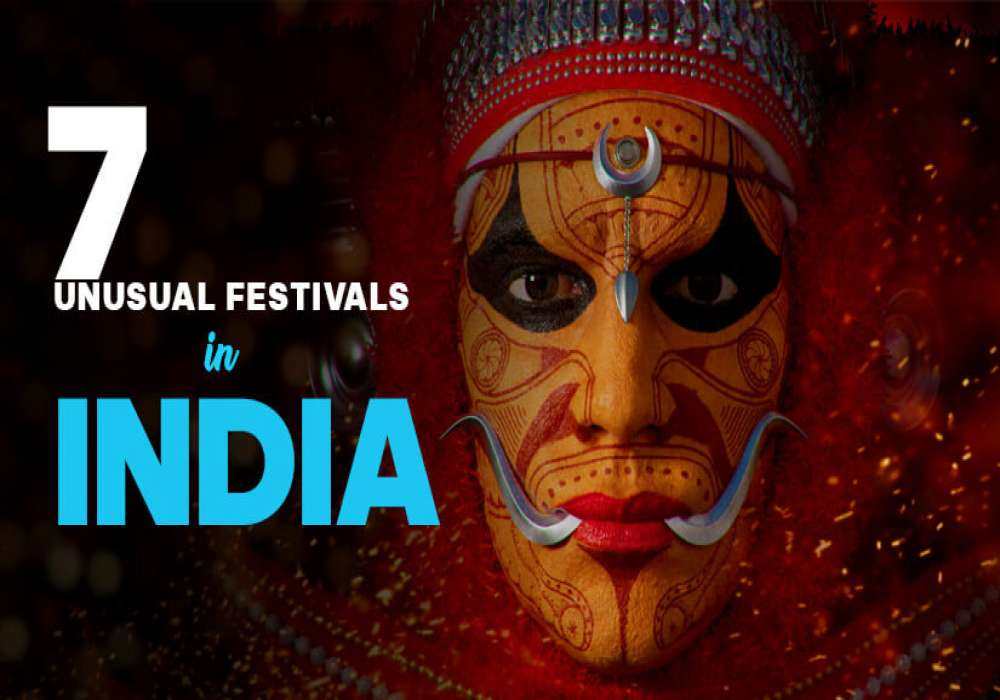


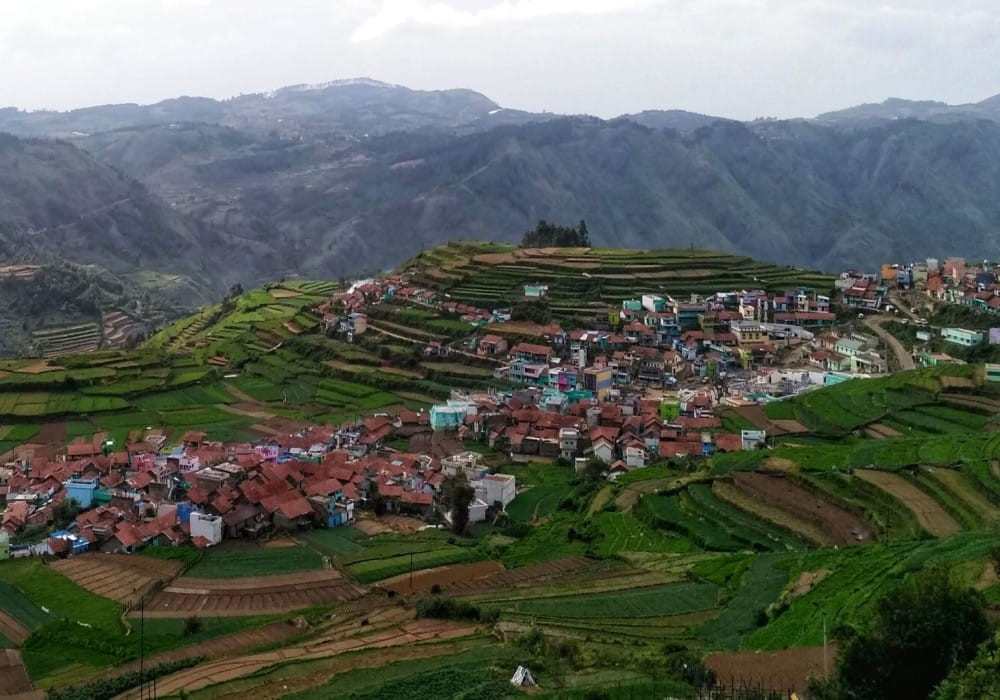

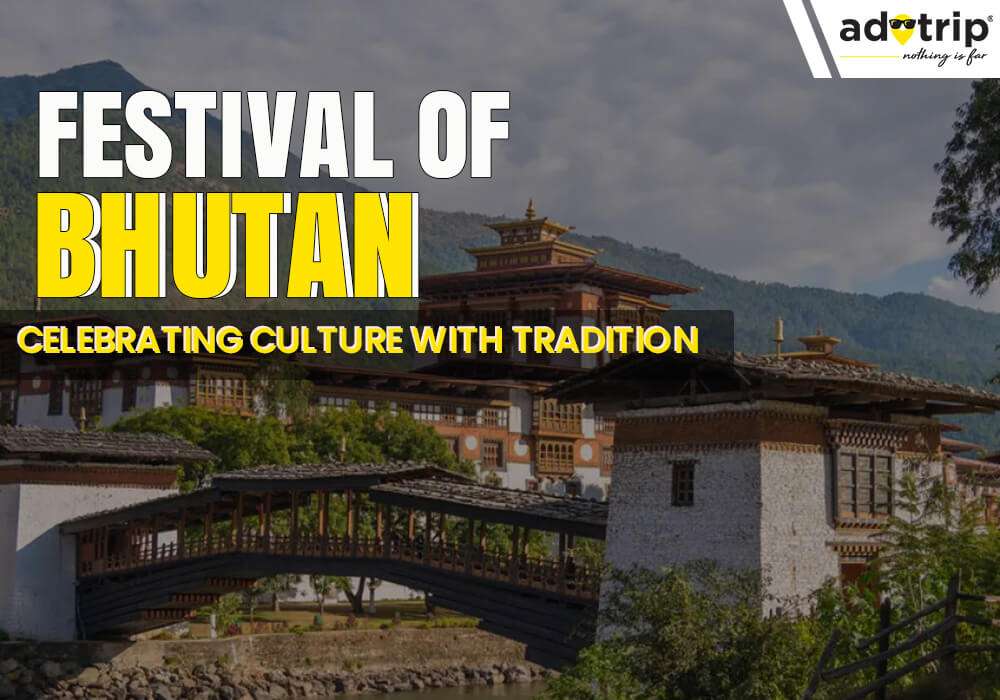

 (1).jpg)
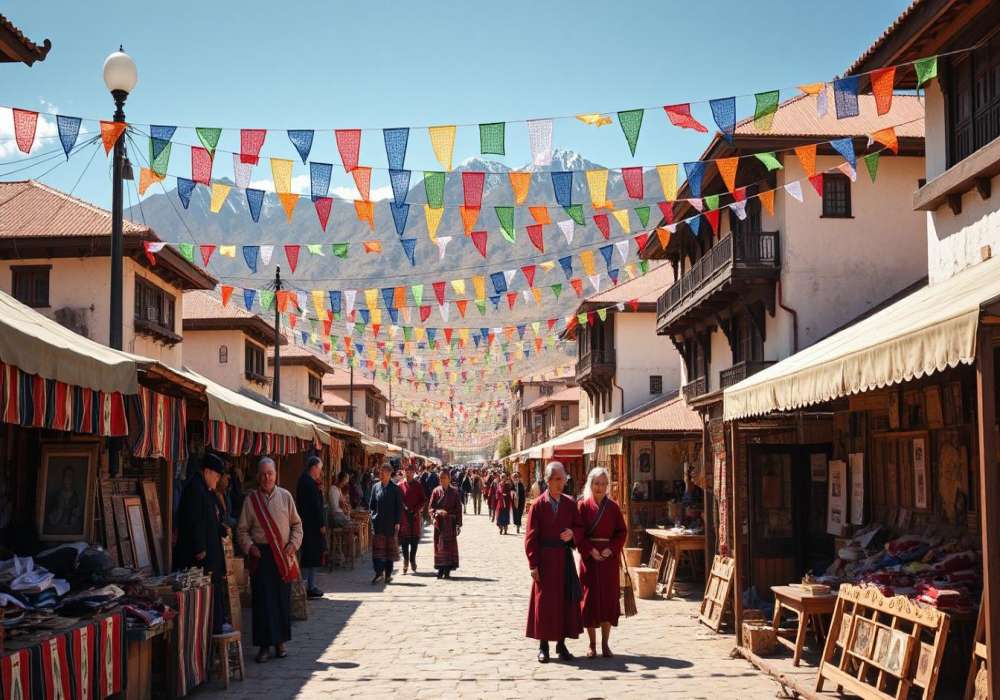

 Dubai
Dubai Malaysia
Malaysia USA
USA





